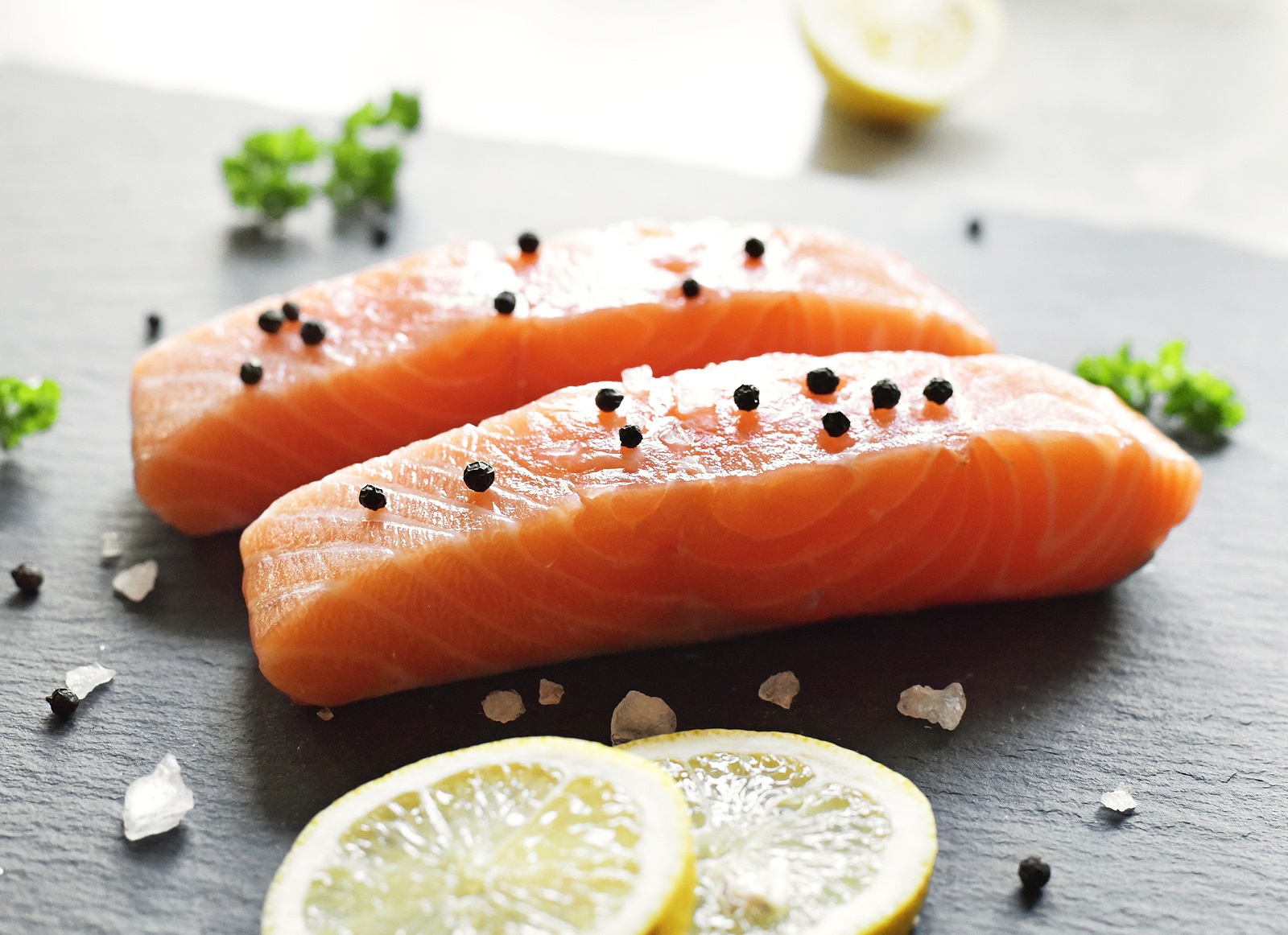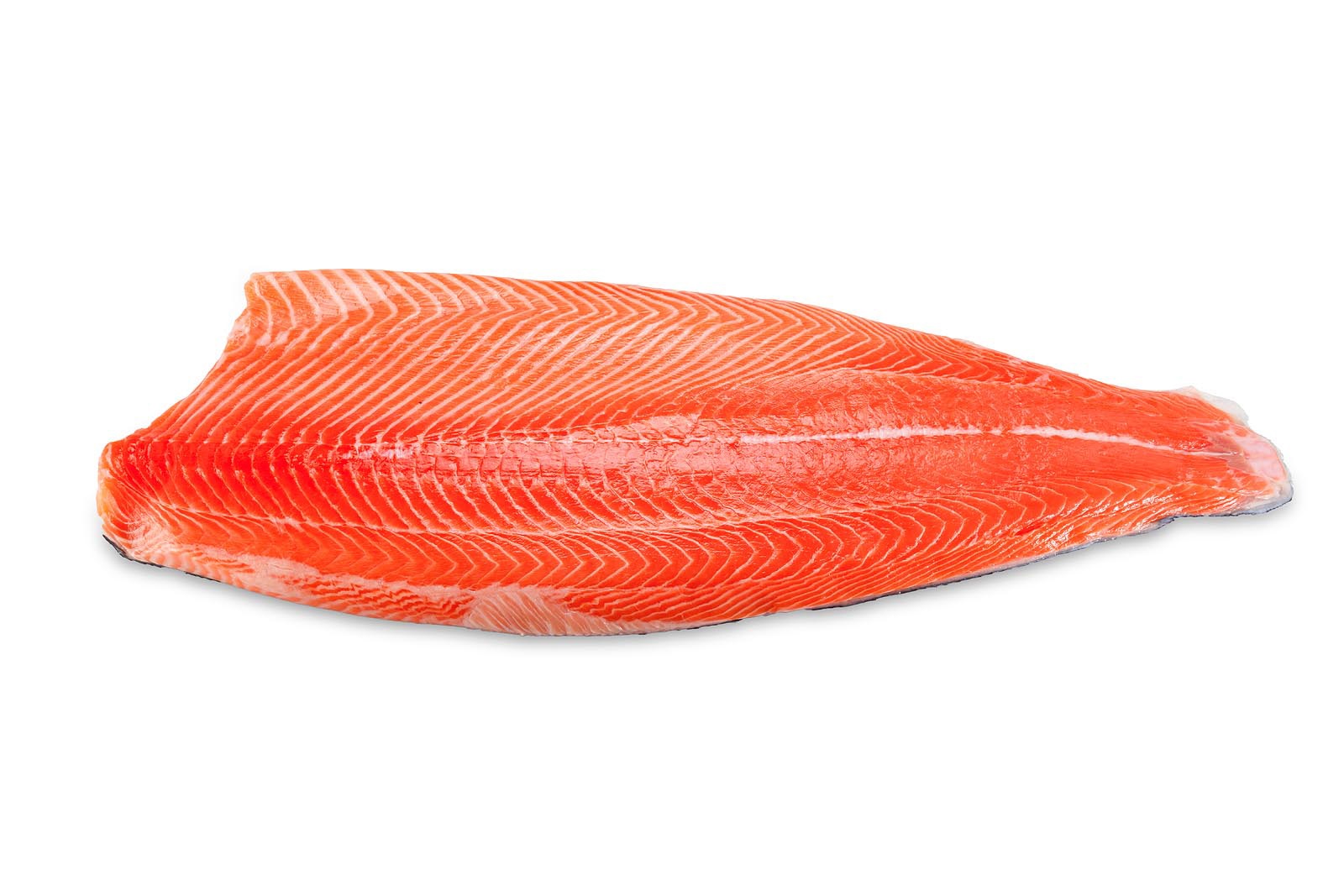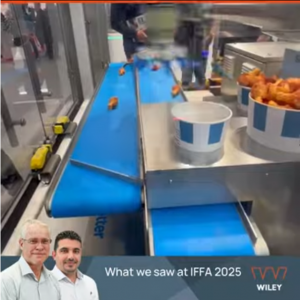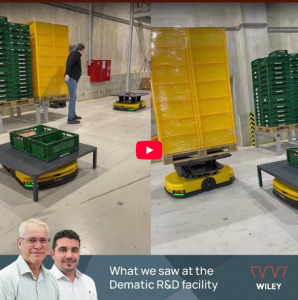In the current uncertain environment there is a renewed global push for food security, domestic food production and reduced reliance on imports. With this comes an increase in demand for recirculating aquaculture systems (RAS) for land-based aquaculture solutions. A new aquaculture team has formed from industry veterans to help the aquaculture industry to continue with the sustainable growth needed to feed 9.5 billion people by 2050.
SmartAqua and Wiley, with Australian bases and a global footprint have teamed up, combining decades of international experience in the aquafarming and seafood processing sector to provide turnkey services for land-based aquaculture, recirculating aquaculture systems project management, processing plant design and construction. SmartAqua has a 26-year history in aquaculture consulting around the globe, with a growing focus on land-based farming and processing operations. Wiley has navigated the food facility project delivery business for over a century with a large, experienced engineering, design, and delivery team.
The Wiley/SmartAqua team are working on multiple projects with some larger players in the RAS space, as well as existing sea cage operators. They have seen international travel restrictions due to COVID-19 cause a massive decline in seafood import and export – both from the supply and demand side. As a result, we have seen a global push for domestic food production for food security as countries can no longer rely on the import market.
Alastair Smart, MD of SmartAqua said this joint approach makes for a great team. “SmartAqua have worked with Wiley over many years. With the rapid expansion into land-based farming and the need for turnkey project management of a land-based facility integrated with processing, led to us deciding to formally merge our skillsets.
Wiley’s Logan Ashmole, Senior Project Manager said the relationship is working well. “We are seeing an increasing number of proposed RAS projects, particularly for salmon-farming – there are more than 50 RAS proposed projects (and counting) to farm salmon on land. The total estimated production of these announced projects up to 2050 is equal to 25% of total current salmon production at around 600,000 tonnes.”
Joseph Tuma, SmartAqua’s RAS Specialist, elaborated further on the reasons for growth in the land-based aquaculture sector; “there is a misconception that the RAS concept is still under early development, when in fact the sea cage salmon industry receives their supply of larger and larger smolt from their RAS facilities to provide the 2.4M tonnes of annual salmon production. We have seen smolt sizes evolve from 30g to 100g to 150g, and now in some cases to 0.5-1kg smolt in order to shorten the sea phase and manage risks in the sea, especially around sea lice. The tech is there, and the move to holding fish a little longer to reach sizes of 4-5kg is about managing the scale of the business. Studies have shown that the capex is similar to sea farming (don’t forget you still need a RAS facility for smolt production besides) and there are no expensive lease and licence fees required for sea cage operations. There are challenges, but in our opinion, the future of RAS fish production is positive and complements sea cage production by spreading risk.”
Logan added, “In general, one of the key strengths of RAS is the local production. If there is one insight to be taken from the global COVID-19 pandemic that has rocked the world this year, it is the need to strengthen domestic, sustainable food production and we look forward to our partnership with SmartAqua to help the aquaculture industry as it continues to grow in the protein market.”



